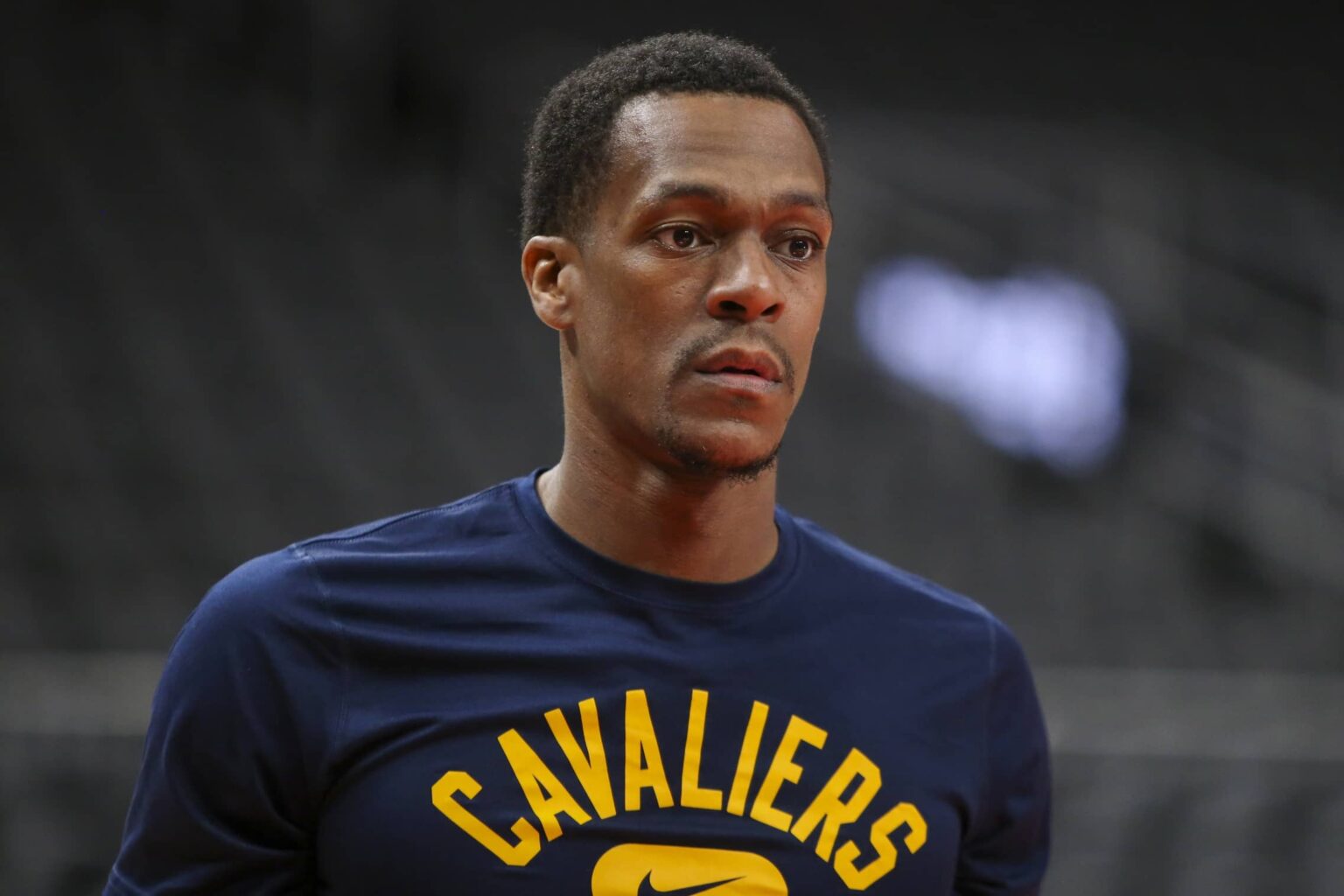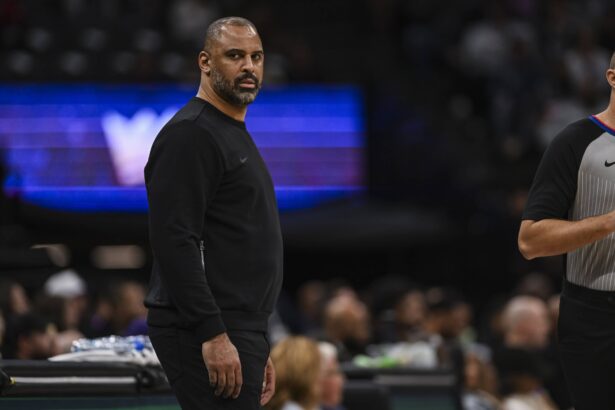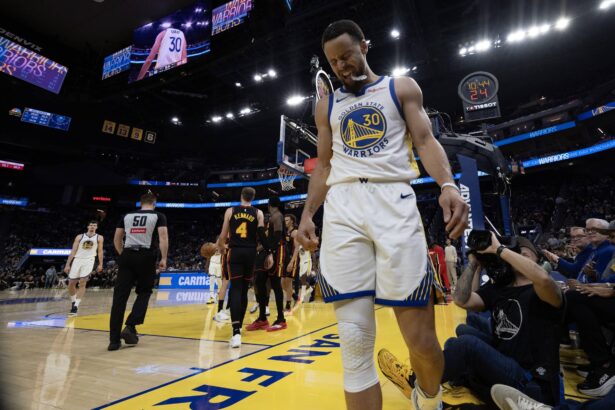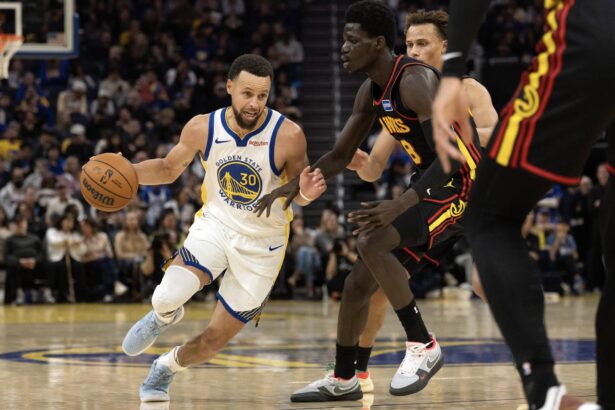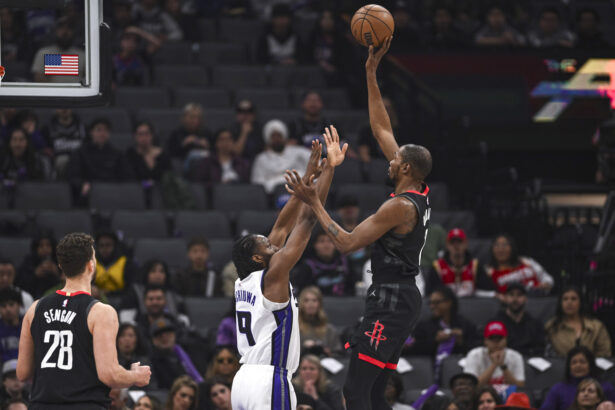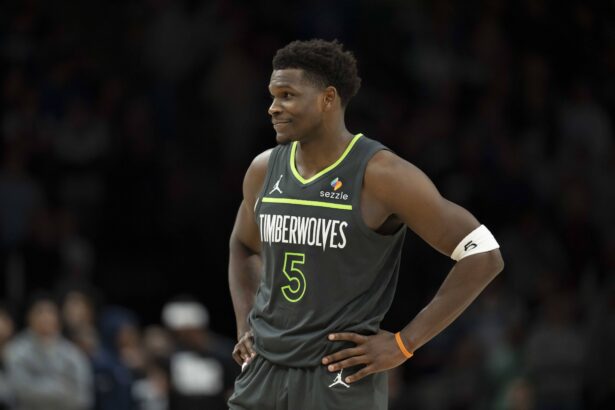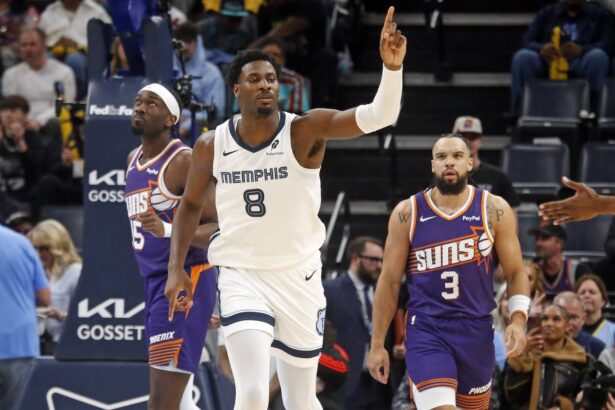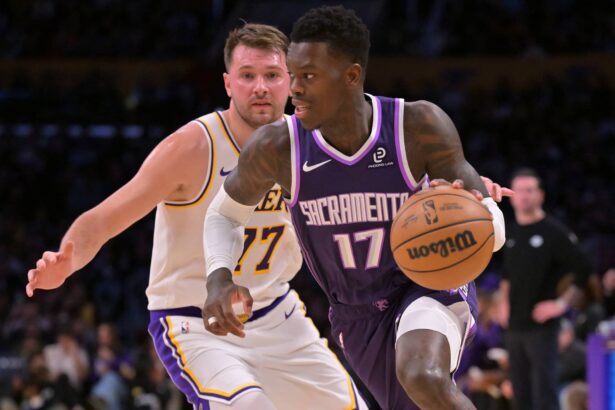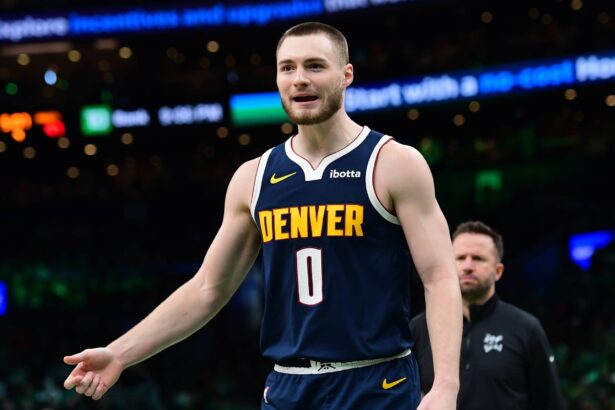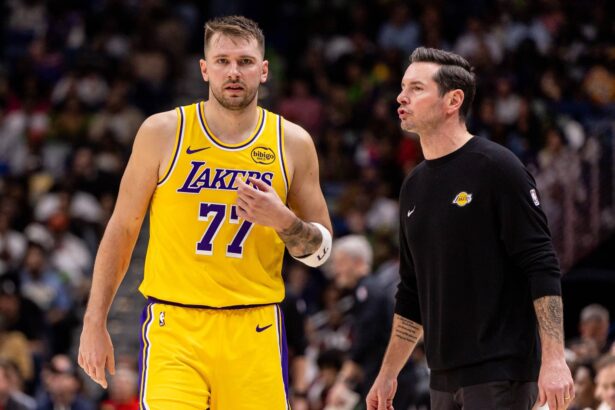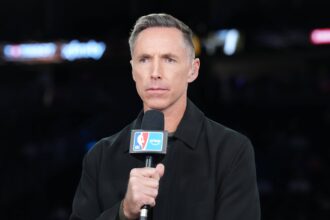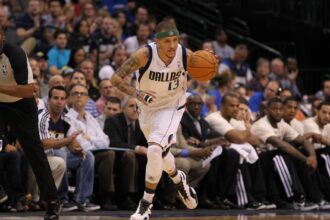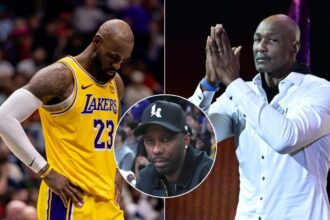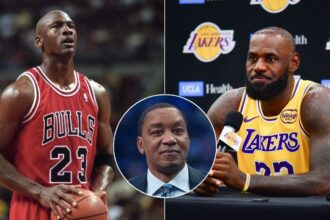Few players see the game the way Rajon Rondo does. Known throughout his career for his basketball IQ, playmaking brilliance, and deep respect for the craft of being a point guard, Rondo recently revealed his personal Mount Rushmore of point guards on The Thanalysis Show with Thanasis Antetokounmpo and it sparked plenty of debate.
When asked to name the four point guards he’d immortalize, Rondo offered a thoughtful yet unconventional list.
“Pistol Pete. Obviously, Magic Johnson. I love Rod Strickland’s game. Steve Nash, respected it always. Jay Kidd… I mean, nowadays, I like Haliburton, the way he manipulated us last year in the playoffs. I didn’t want to respect it, but he made me respect it. I appreciate his game, how he was able to do it at a high level.”
From that reflection, Rondo’s Mount Rushmore came down to Pistol Pete Maravich, Magic Johnson, Rod Strickland, Jason Kidd, and Steve Nash, with Tyrese Haliburton earning a rare nod as the next-generation torchbearer of true point guard play.
What makes Rondo’s list so interesting is how much it reflects his view of what a point guard should be. For Rondo, being a great point guard isn’t about highlights or three-point shooting, it’s about control, manipulation, and mental mastery of the game. His four picks all share one thing: an almost telepathic command over the floor.
Magic Johnson is the obvious inclusion, the archetype of the ‘floor general’ who could see plays develop two passes ahead. His combination of size, creativity, and leadership revolutionized the position. Pistol Pete Maravich, meanwhile, represents flair and innovation, the originator of the flashy passes and unorthodox creativity that guards like Rondo and Nash later perfected.
Jason Kidd was perhaps Rondo’s closest stylistic ancestor: a defensive mastermind, relentless rebounder, and elite passer who could control tempo without dominating the scoreboard. And then there’s Rod Strickland, the surprise pick that perfectly sums up Rondo’s appreciation for the underrated. Strickland, one of the smoothest and most intelligent guards of the 1990s, never won a ring or an MVP, but was beloved by players for his craft and ability to dissect defenses.
Two massive names missing from Rondo’s list, Oscar Robertson and John Stockton, are what make his choices so polarizing. Both are often automatic selections in historical point guard conversations. Oscar was the original triple-double machine, and Stockton remains the NBA’s all-time leader in assists and steals. Yet, Rondo’s omissions underline how he views the position differently. For him, greatness isn’t defined purely by numbers or accolades, but by the ability to control every possession through intellect and manipulation.
Also absent are Stephen Curry and Russell Westbrook, though it’s easy to understand why. Rondo has often differentiated between ‘true point guards’ and ‘scoring guards.’ Curry and Westbrook, though generational talents, play in a different archetype, one defined more by scoring gravity and athleticism than orchestration.
Interestingly, Rondo even praised Tyrese Haliburton, saying the Indiana Pacers star ‘made me respect his game’ after the way he toyed with Milwaukee’s defense in last year’s playoffs, where Rondo was serving as a guest assistant coach for the Bucks.
That comment shows how much Rondo still studies the modern game but also how rare he believes true point guards are today.
In classic Rondo fashion, his Mount Rushmore was less about consensus and more about purity, a purist’s list from one of the most cerebral minds to ever play the position. And in a way, that’s fitting. After all, few have understood the art of running a team quite like Rajon Rondo.

